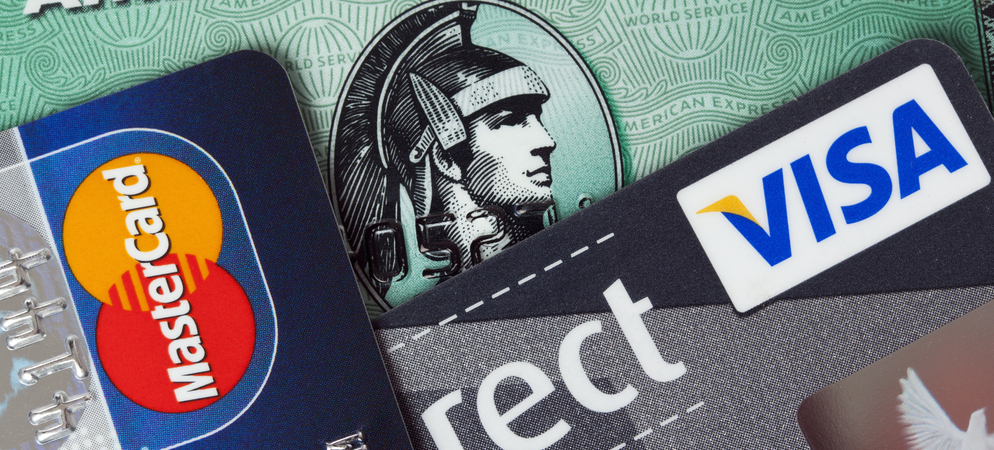Credit cards can be a blessing and a curse. They let you buy products when you don’t have available disposable income, help you build your credit score, and are very convenient. Many credit cards also offer great rewards programs that you can redeem for flights or even cash. But credit cards can also be dangerous to your financial health if used unwisely. Credit card debt can be difficult to pay off because the interest rates are usually high and compound frequently. But with these tips, you can maintain a great relationship with your credit card.
- Eliminate your balance every month. The average credit card interest rate is approximately 15 percent of your monthly outstanding balance – about double your student loan interest rate and triple your mortgage. And because most credit card balances compound daily or monthly (compared to quarterly or semi-annually for most other debt), this means you will quickly be paying interest on interest (known as compound interest). For example, a $500 outstanding balance from your December bill will become $581 by year’s end on a credit card with a 15 percent interest rate compounding daily. And that’s assuming you pay off every other month’s balance in full for the rest of the year! Therefore, it’s very important for your financial well-being that you make it a rule to pay off your balance in full every month. Of course every rule has its exceptions. If you are faced with a financial emergency, using your credit card – even knowing that you won’t be able to pay it off at the end of the month – may be your only option. Just do your best to pay it down as quickly as possible.
- Pay your balance twice a month. In addition to giving you a better chance of paying your balance off in time, paying down your balance twice a month improves your card’s “utilization rate,” a key component in determining your credit score. This rate is found by taking your total credit card balances and dividing them by your total credit card limits. A low utilization rate means a better credit score, something that will help you qualify for better credit cards, with fewer fees and more rewards, among other benefits.
- Find a card with no annual fee. Many of the most popular credit cards have an annual fee of around $100. But with a little digging, you can also find many great fee-less options. Think about how much that extra $100 would help in paying off your December balance – when expenses tend to get a little higher because of holiday spending. But watch out, many credit cards offer to “waive” the annual fee for the first year so that they can surprise you with one the next year. Wave goodbye to these options and find one with no annual fee ever.
- Find a card with giveaways. Many cards give you points on every purchase that you can redeem later for airline tickets, electronics, or even cash. If you are not getting something in return for your purchases, think about trading up now. The great thing about market competition is that credit card companies are currently in an arms race to see which one can offer the most rewards, meaning that no matter which one comes out on top, you as the consumer can win, just be careful to make sure that any annual fee is less than the value you receive from the “reward.”
- Pick one card and go with it. With all the credit card options out there it can be tempting to sign up for several cards and use each for specific purchases – for example, one that has high rewards for flights on plane tickets, one that has high rewards for gas on when you fill up the tank, and so on. But rarely is this strategy more effective than finding one good card with a low or zero annual fee and a good rewards program and sticking with it. More cards mean more balances to potentially forget about and more credit card numbers that may fall into the wrong hands – not to mention less convenience, likely one of the reasons why you got a credit card in the first place.



